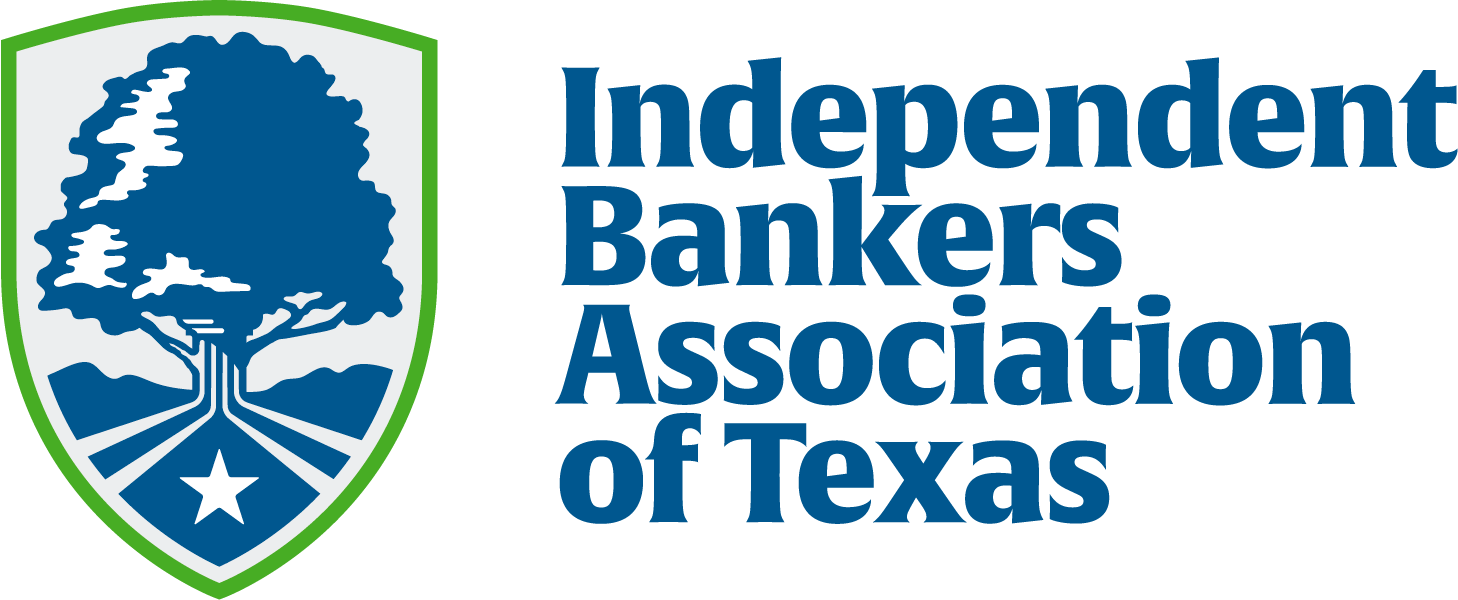In recent weeks, JP Morgan Chase and Company brought new urgency to the fintech battle to define the rules of the road for “open banking.” It did so by sending a new fee schedule to data aggregators for access to customers’ data. Data aggregators often serve as the middlemen between banks and fintechs, helping customers port their financial data over from a bank to a fintech (or to another bank).
In a letter sent to President Trump on July 23, ten fintech trade associations argued that moves by, “the nation’s biggest banks [undermines] fair competition, consumer choice and American leadership in financial innovation.” The letter further declared that “financial data belongs to the American people, not the banks.”
The new regime at the Consumer Financial Protection Bureau (CFPB) is seeking to throw out the open banking rule, promulgated under Director Rohit Chopra and finalized last October. In doing so, it has promised a federal judge that it will open an expedited rulemaking process to reissue the rule within the next three weeks.
At the heart of the matter is banks’ rights to charge customers (or those acting on their behalf) for access to financial data. As approved, the rules implementing Section 1033 prohibited banks from charging for access to consumer data. In effect, this demanded that the banking industry subsidize its fintech competition by building and maintaining the means by which those fintechs could siphon off customer data.




